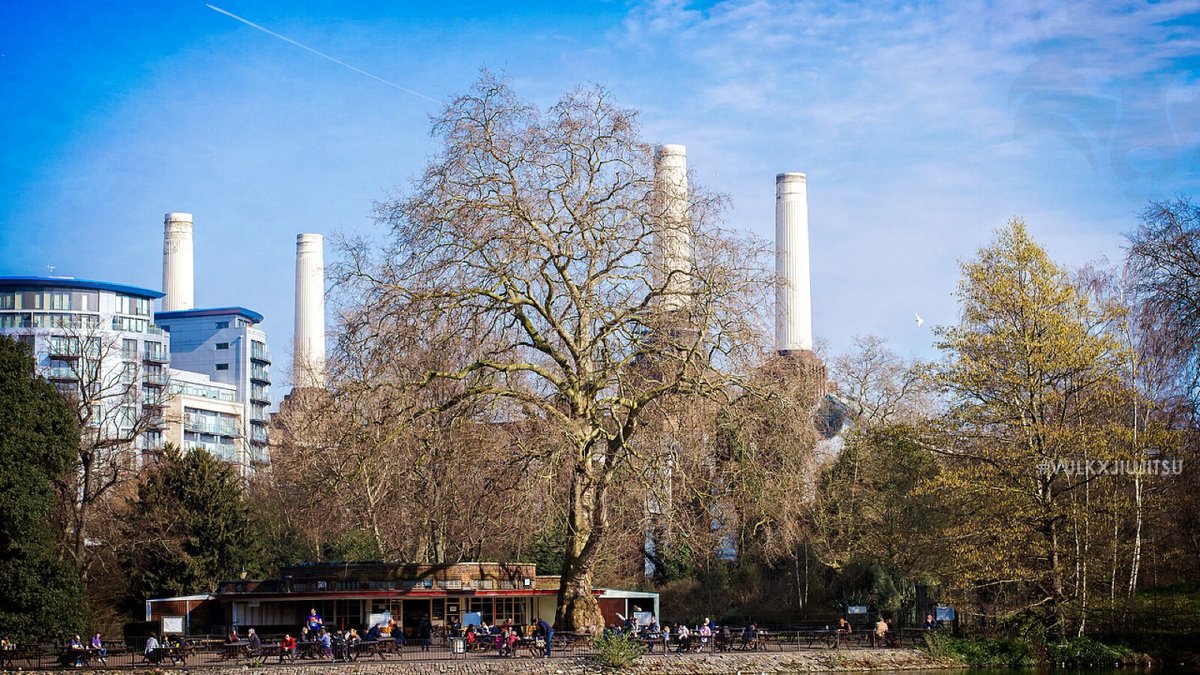Challenges Facing Young People in Battersea
Battersea is a vibrant part of London, but not all young residents are thriving. Some areas face serious deprivation, leading to poor outcomes in health, education, and safety. Youth violence and anti-social behaviour are on the rise. An estimated 2,800 children in Wandsworth (ages 5–16) have a diagnosable mental health condition. Less than half of children in the UK meet daily activity recommendations. Even in more active boroughs like Wandsworth (63% activity rate), many kids still miss out. Experts warn that missing early physical activity affects long-term resilience and health.
Building Community and Inclusion Through BJJ
Brazilian Jiu-Jitsu brings people together. It creates inclusive spaces where kids, teens, and adults from different backgrounds support one another. Studies show BJJ schools foster strong community bonds and reduce isolation. This is especially important in areas where youth face social exclusion. Training with others—wearing the same uniform, following shared rules—helps break down social barriers and build trust. BJJ can connect young people with mentors and a positive peer group.
Physical and Mental Health Benefits
BJJ is a full-body workout that builds strength, coordination, and fitness. It improves speed, balance, and flexibility, helping kids develop healthy habits. But it also supports mental health. Training reduces stress, anxiety, and even symptoms of depression. It encourages focus and emotional control, giving kids tools to manage pressure at school and in life. Parents often notice increased confidence and calmer behaviour in children who train regularly.
Confidence, Discipline and Life Skills
BJJ teaches more than technique. It builds discipline, goal-setting, and resilience. The belt system motivates students to improve steadily. Research shows BJJ boosts confidence and focus. Kids become more assertive, patient, and solution-oriented. These skills carry into school, improving behaviour and academic outcomes. Martial arts training is also linked to stronger emotional regulation and empathy.
Reducing Crime and Anti-Social Behaviour
BJJ can be a powerful alternative to negative influences. Combat sports programs around the world have helped reduce youth violence and delinquency. Projects like Fight for Peace show that martial arts can engage at-risk youth and build strong, purposeful identities. Local leaders in Battersea recognise the need for these kinds of interventions. A Jiu-Jitsu school offers structure, support, and positive role models. Teens who might reject school authority often respect a skilled coach. Training becomes a healthy outlet and path to personal growth.
Conclusion
Jiu-Jitsu offers more than self-defence. It strengthens mental health, supports physical development, and builds better citizens. For Battersea, it’s a way to empower young people, reduce risk, and create a stronger, safer community. BJJ schools like VULKX can play a key role in giving the next generation a place to grow, belong, and thrive.
Resources & Further Reading
If you'd like to dive deeper into the data and research behind the benefits of Brazilian Jiu-Jitsu and youth development, here are some of the key resources used in this article:
- Wandsworth Public Health Report (2023) – Youth mental health, physical activity, and community priorities
- London Sport: Borough Profiles – Physical activity and participation data across London boroughs
- Sport England: Active Lives Children & Young People Survey – National youth activity and health trends
- Fight for Peace (UK) – Combat sports programs reducing crime and empowering youth
- Systematic Review: Martial Arts in Youth Development – Academic study on benefits of martial arts for fitness and discipline
- Bath University: BJJ & Mental Health Study – Exploring therapeutic benefits of Brazilian Jiu-Jitsu
- ResearchGate: Martial Arts for Social and Psychological Therapy – International data on BJJ improving behaviour and emotional control
